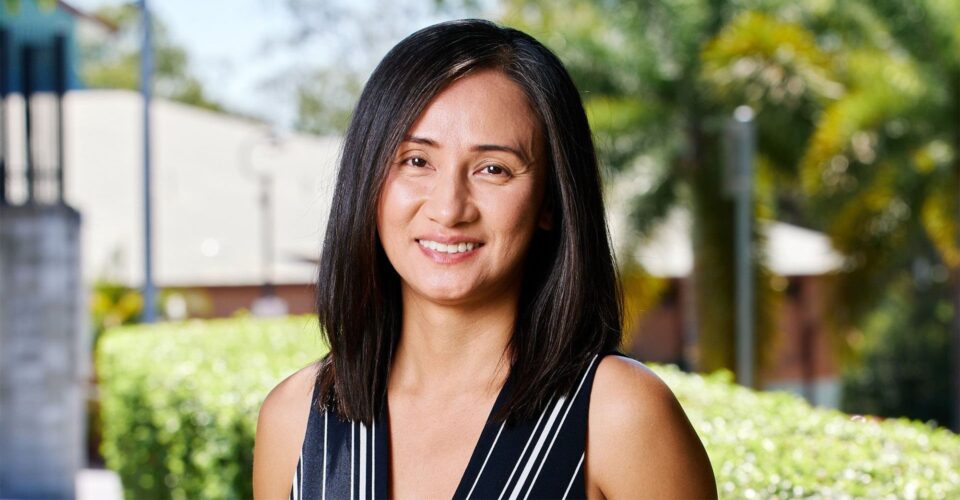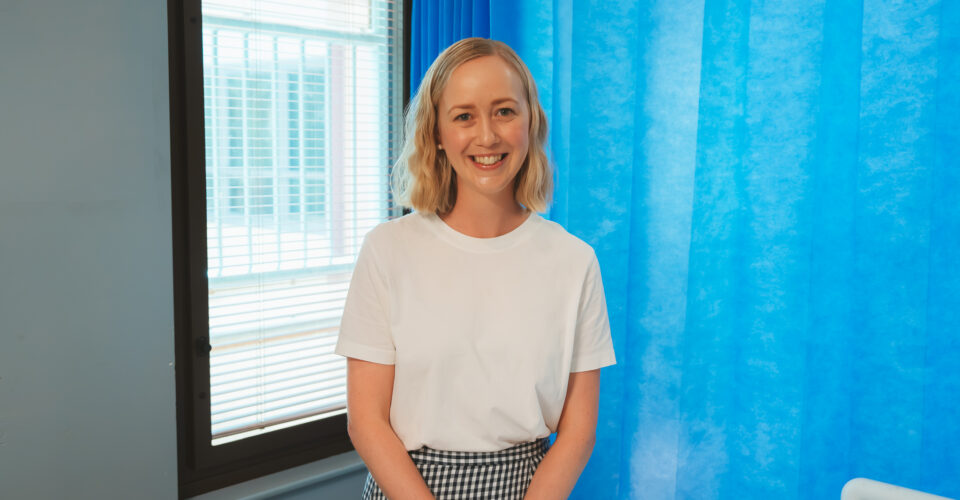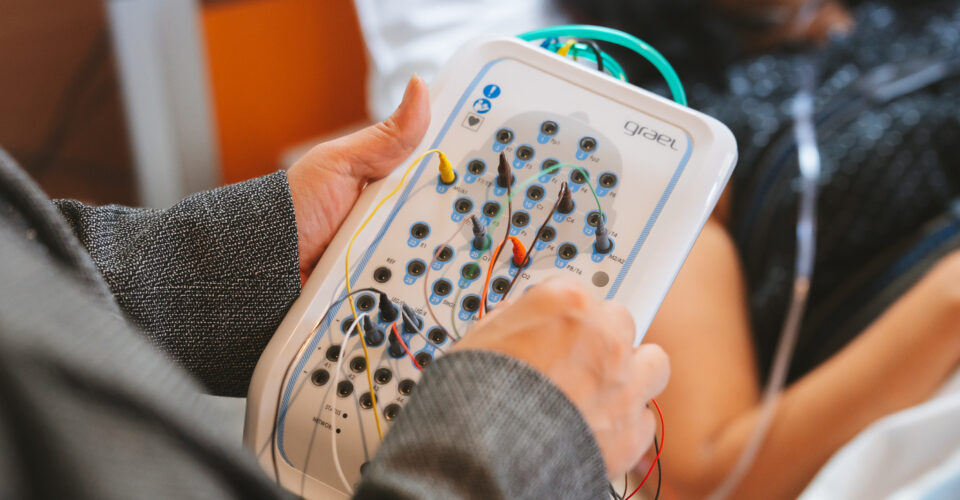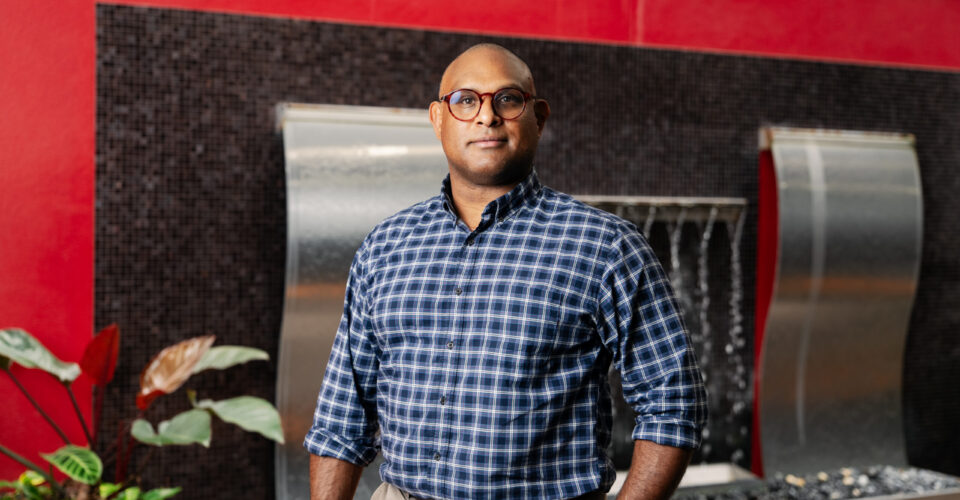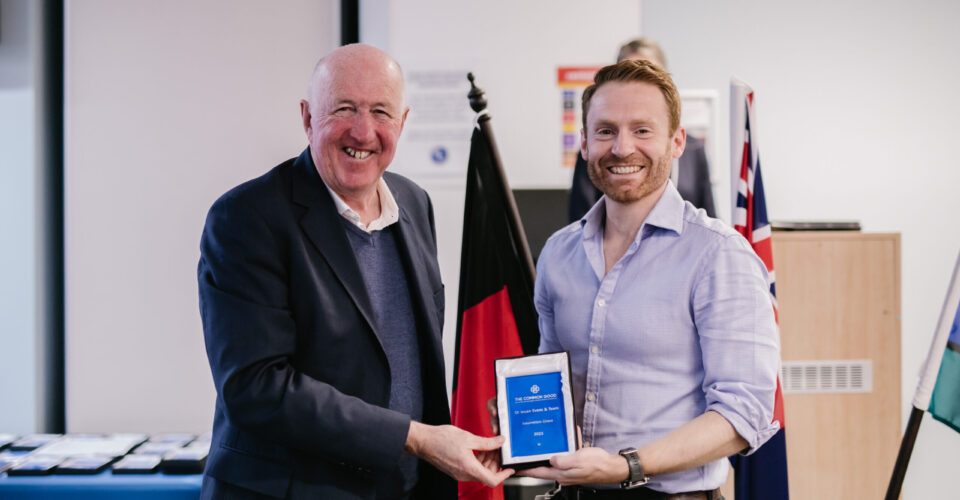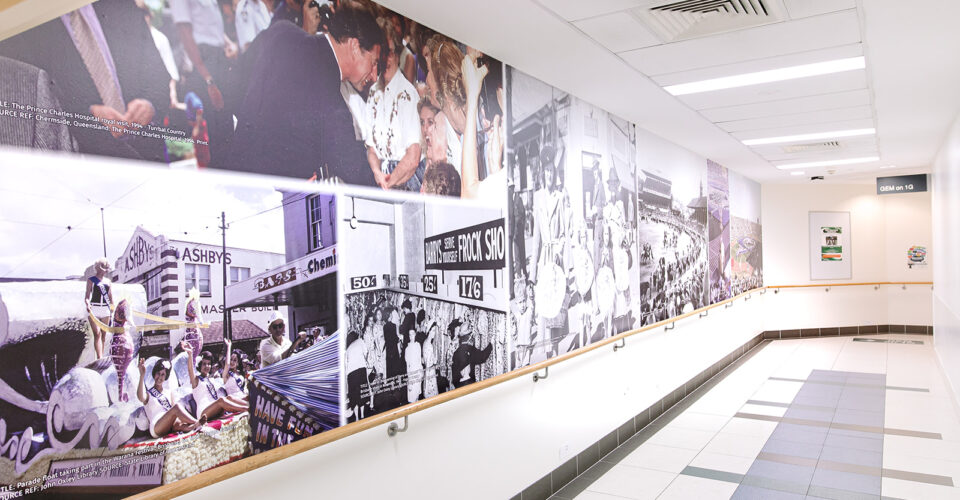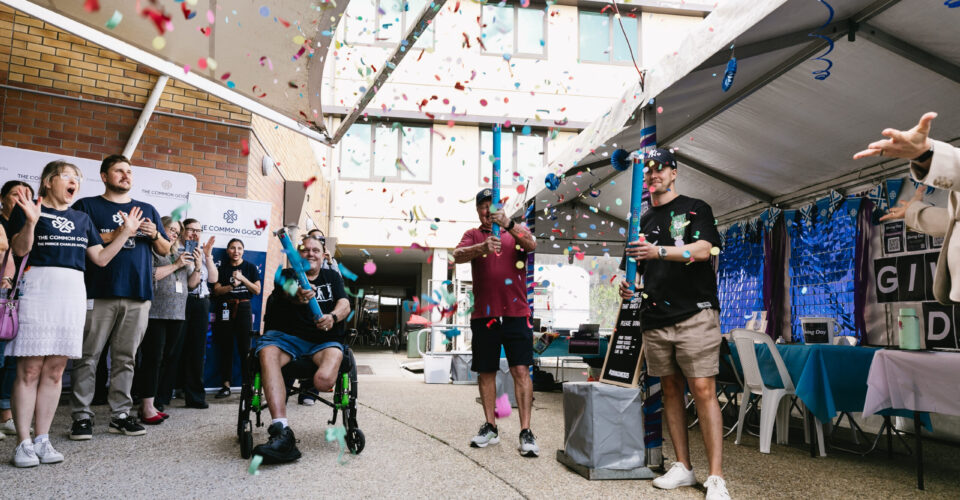What is your research focusing on for your Doctor of Philosophy?
For acute palliative care patients, their critical condition and progressing illness make them vulnerable to hospital-acquired complications such as pressure injury. Pressure injuries cause patients physical and psychological distress. Pressure injuries are predominately preventable and are considered a safety and quality priority for hospitals. Thus, it is important to improve pressure injury risk assessment and pressure injury prevention strategies for the acute palliative care cohort in acute hospitals.
The primary outcome of this research program is the development of an appropriate pressure injury risk assessment tool for use in acute palliative care patients, with the identification of appropriate pressure injury preventive interventions matched to the assessed pressure injury level of risk.
Specifically, this research program will; 1) contextualise pressure injury in acute palliative care patients in an acute hospital setting, and 2) advance the understanding of pressure injury prevention for acute palliative care patients. The research will make an original and significant contribution to knowledge by developing a pressure injury risk assessment tool appropriate for acute palliative care patients. It will be the first to use palliative care phases to determine clinical differences within acute palliative care patients.
Why is this area of research important?
Acute palliative care patients are vulnerable to pressure injury due to several risk factors (e.g., immobility, alternated sensory perception, nutritional status) that influence their susceptibility and tolerance to pressure and shear forces. Additionally, disease progression and development of several comorbidities in acute palliative care patients lead to an increased risk of pressure injury. For acute palliative care patients, pressure injury may lead to further medical complications, increase hospital length of stay and, in severe cases, hasten death. Generally, the goal of care for acute palliative care patients on admission is to improve their quality of life and avoid aggravating their current medical condition. In this context, hospital-acquired pressure injury prevention is a priority.
This research is the first of its kind to address the evidence gap for hospital-acquired pressure injury prevention in acute palliative care. The results will inform future research and practice in the context of pressure injury prevention at The Prince Charles Hospital and externally. Importantly, this research has the potential to improve healthcare outcomes for acute palliative care patients at TPCH, nationally and internationally.
How do you feel about the support from The Common Good and its community of donors?
The support from The Common Good and its donors will directly help drive research for one of our most vulnerable TPCH patient groups – palliative care. As nurses, we often look for the best evidence-based practices to improve our clinical practice and to provide the most up-to-date care supported by robust research. Unfortunately, delving into research requires funding to support resources and time in conducting research. Therefore, the financial support from The Common Good and its community of donors makes this possible. This scholarship is invaluable; it empowers me as a palliative care nurse to undertake research to improve nursing care to prevent hospital-acquired complications such as pressure injuries. I am deeply grateful for the support from The Common Good and its donors for helping nurses like me to carry out research to improve patient care.
What do you enjoy doing when you are not working on your research?
As a nurse and research assistant, I spend most of my days talking to people or in front of a computer, so after work, I love doing things outdoors, like going for a hike or having a coffee in the garden. Recently, I found a love for gardening. I am not good at it, but it’s a great way to clear my mind and do something outside my comfort zone. On top of everything, I enjoy sitting with my kids and listening to them talk about random things or just watching them play the violin or dance. Lastly, I have a passion for journalling the stories of the life of my family before they settled in Australia. I love listening to my parent’s stories about their life in Cambodia. I enjoy doing this because I feel grateful for the opportunities I have now and for passing these stories to my kids.
